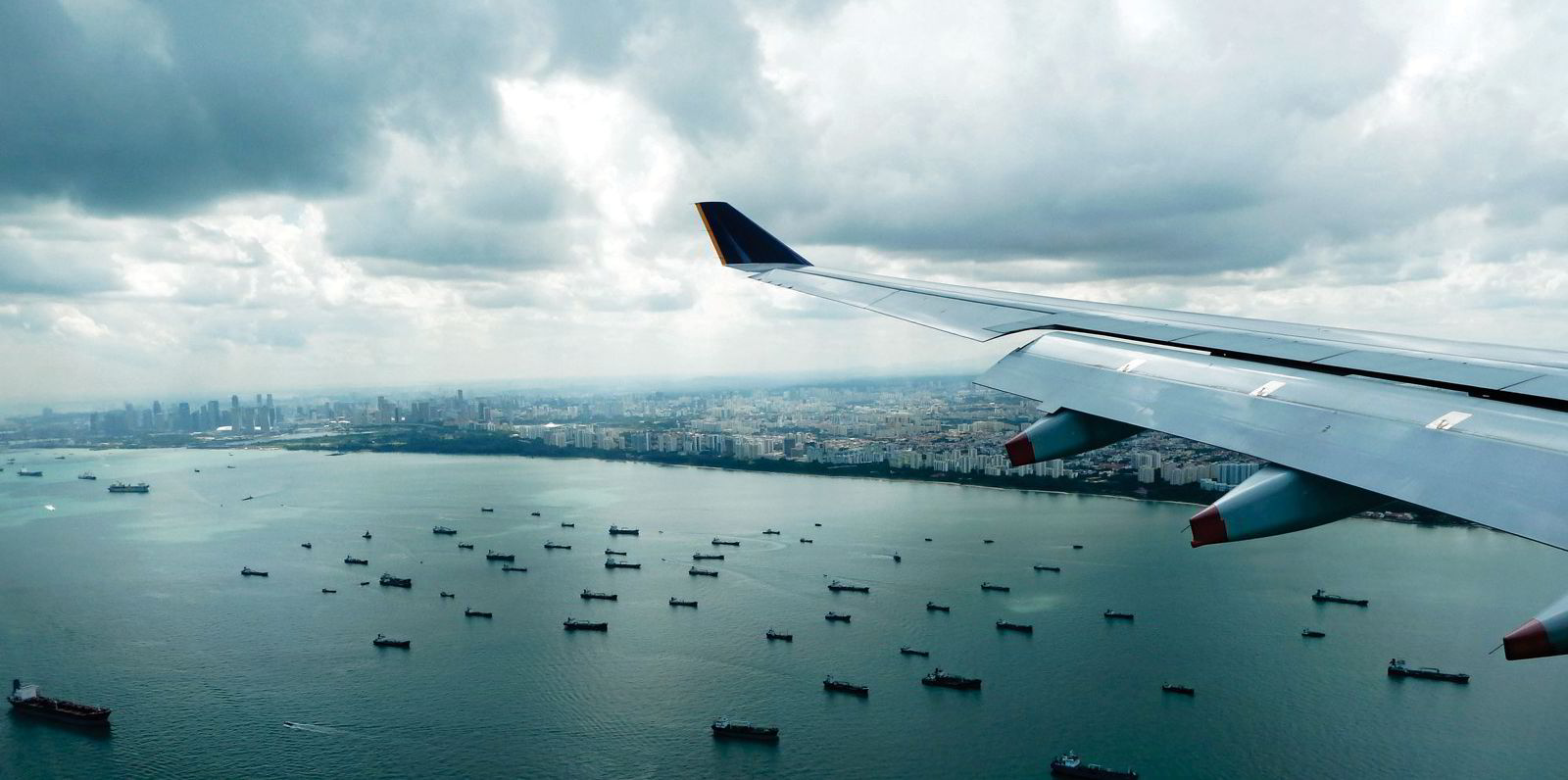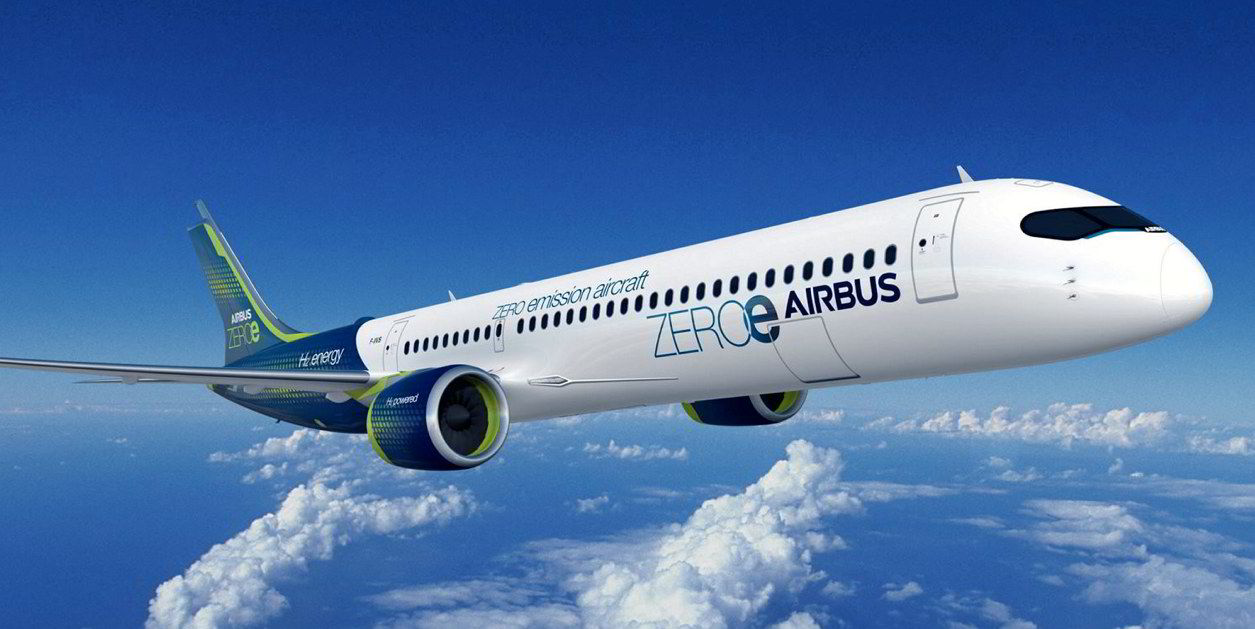VesselsValue is spreading its wings to venture into the murky world of commercial passenger aircraft.
The move is its biggest new venture since shipbroker Richard Rivlin formed the company in London a decade ago to revolutionise ship valuations with algorithms.
He told TradeWinds: "Similar to what we did in shipping over 10 years ago, we are the first to bring daily updated, truly automated valuation model (AVM) driven values to the aviation market."
Rivlin believes that the service will "allow anyone with exposure to aircraft to better track and understand values, transactions and other market changes".
Better data means better decisions
In turn, he said this will help them manage and reduce risk, make better-informed decisions, support their negotiations and speed up their financial reporting.
Shipping and aviation do not often meet, but French boxship giant CMA CGM ordered two Boeing 777 freight planes at the end of September.
Rivlin said the idea to expand into aviation came both from significant demand from existing clients and many parallels between ships and aircraft.
VesselsValue chief strategy officer (CSO) Adrian Economakis backed this up.
"Part of the initial motivation to enter the aviation valuation space was due to multiple requests from existing finance, investment and regulatory clients who have exposure to both aircraft and vessels," he said.
"These cross-industry participants were vocal in the aircraft market's need for the daily updated, algorithm-driven values and transparent supporting information that VesselsValue is renowned for in the maritime space."
With the new venture, VesselsValue is also targeting pure-play aviation companies such as airlines, lessors, specialist finance providers and many others.
Rivlin argues that both ships and planes are "high-value, depreciating, globally moveable and volatile" assets.
Shipping has higher peaks and troughs

Ships continue to be significantly more volatile than aircraft, but VesselsValue believes both typically have values between $10m and $200m, life spans of about 25 years and work within cyclical markets.
Economakis said that "these and other similarities, combined with the ever-more volatile market for aircraft, VesselsValue's deep experience in building AVM's, and the clear client demand, meant that there were significant opportunities in the space".
He added that the company's maritime teams will learn from the aviation market and vice versa, ultimately allowing better valuations and market intelligence for both industries.
Economakis told TradeWinds that the new service will fill a gap, with transaction and price data currently lacking in the aviation market.
He said the diversification has been a "large project" that has been worked on in relative secrecy over the last two years, involving many of the group's top PhD-level modellers, developers, analysts and researchers.
Economakis claims one big advantage the company had was the ability to leverage the advanced algorithms, data processing techniques, experiences and technologies that have been developed and continually optimised over the last 10 years in shipping.
Increasing volatility
The company said another factor in explaining an increase in demand for aircraft data is the Covid-19 pandemic.
VesselsValue attributes this jump in interest to the massive disruption and volatility caused in the sector as fleets were grounded during lockdowns.
The company now spies an opportunity in what is a much less transparent sector than shipping.
Most transactions go unreported, but VesselsValue said those that are either have no prices or those figures are unusable for valuation purposes because they have other conditions built in, such as lease or finance with varying and unreported terms.

Economakis said: "VesselsValue has invested significant resources and leveraged transaction investigative techniques from shipping to try to break this secrecy and actually report transactions used in valuation within the online service."
This has included putting together a team of aircraft transaction specialists, led by ex-aircraft lessor Gary Crichlow.
While the publishing of transactions in relation to values may seem obvious in the shipping business, the team at VesselsValue was surprised to learn that no other valuation providers in aviation clearly provided such details.
Crichlow cited this both as a big challenge and a huge opportunity for a company such as VesselsValue, which is aiming to bring much-needed transparency.
The new service will stay under the VesselsValue brand, meaning no need to think up another alliterative name such as PlanesPrice.






